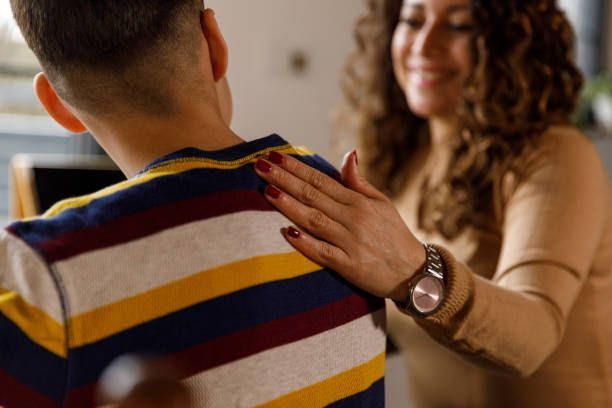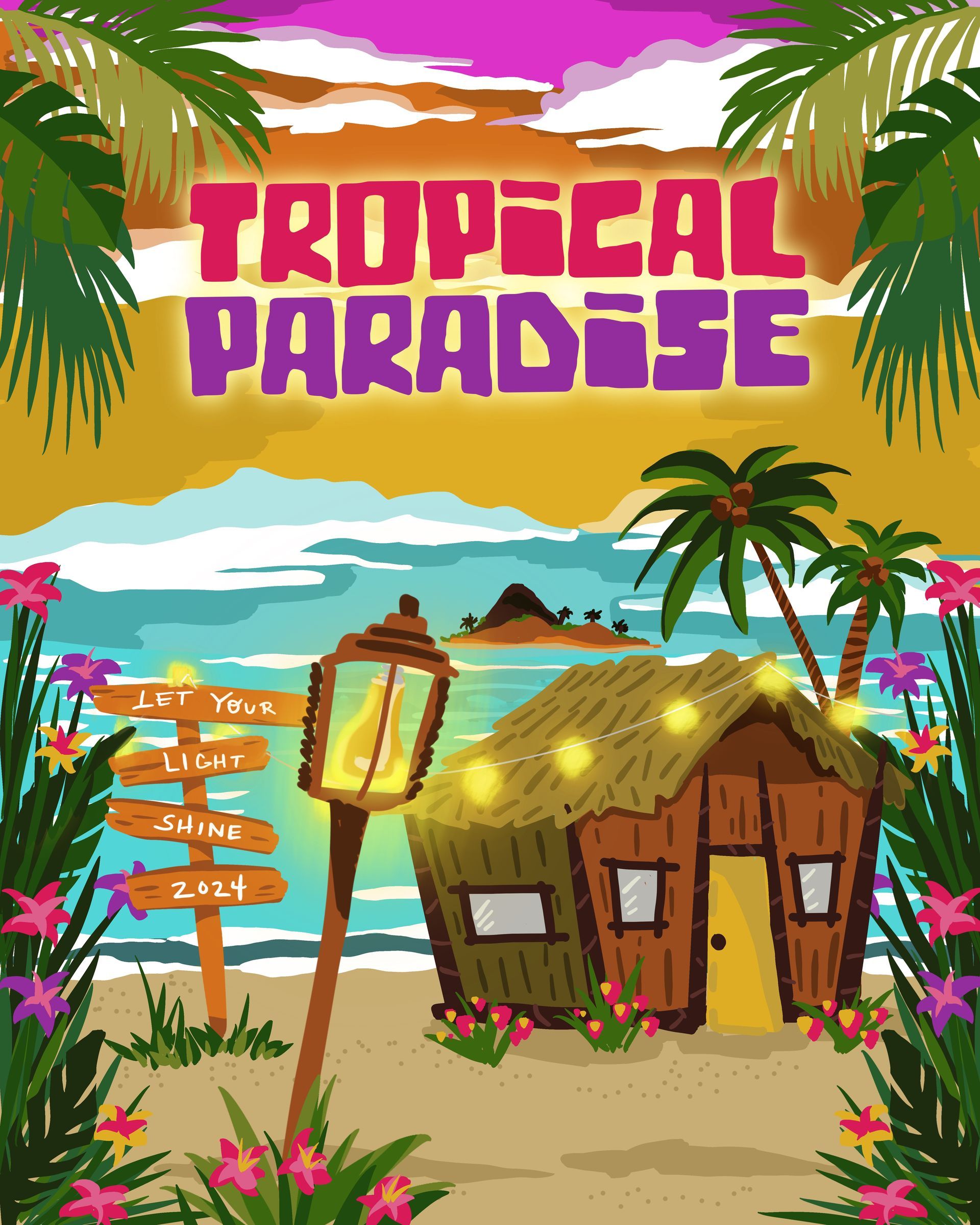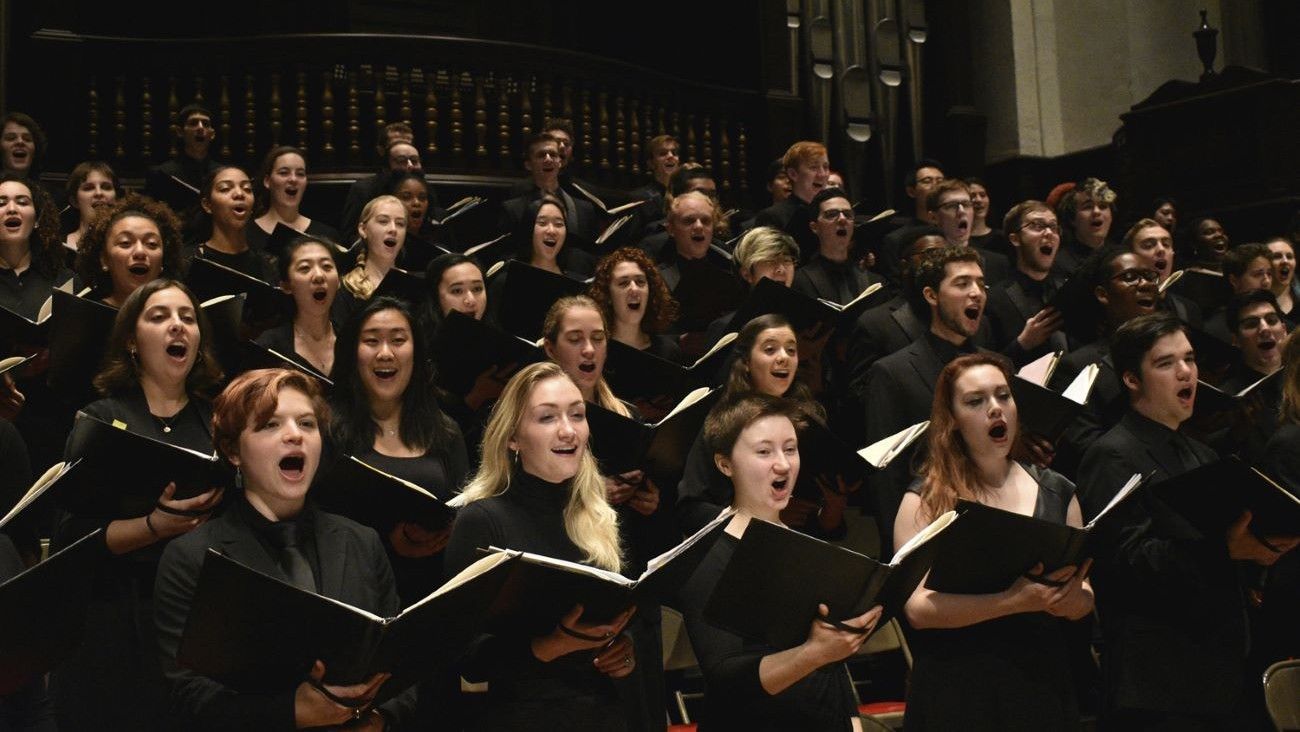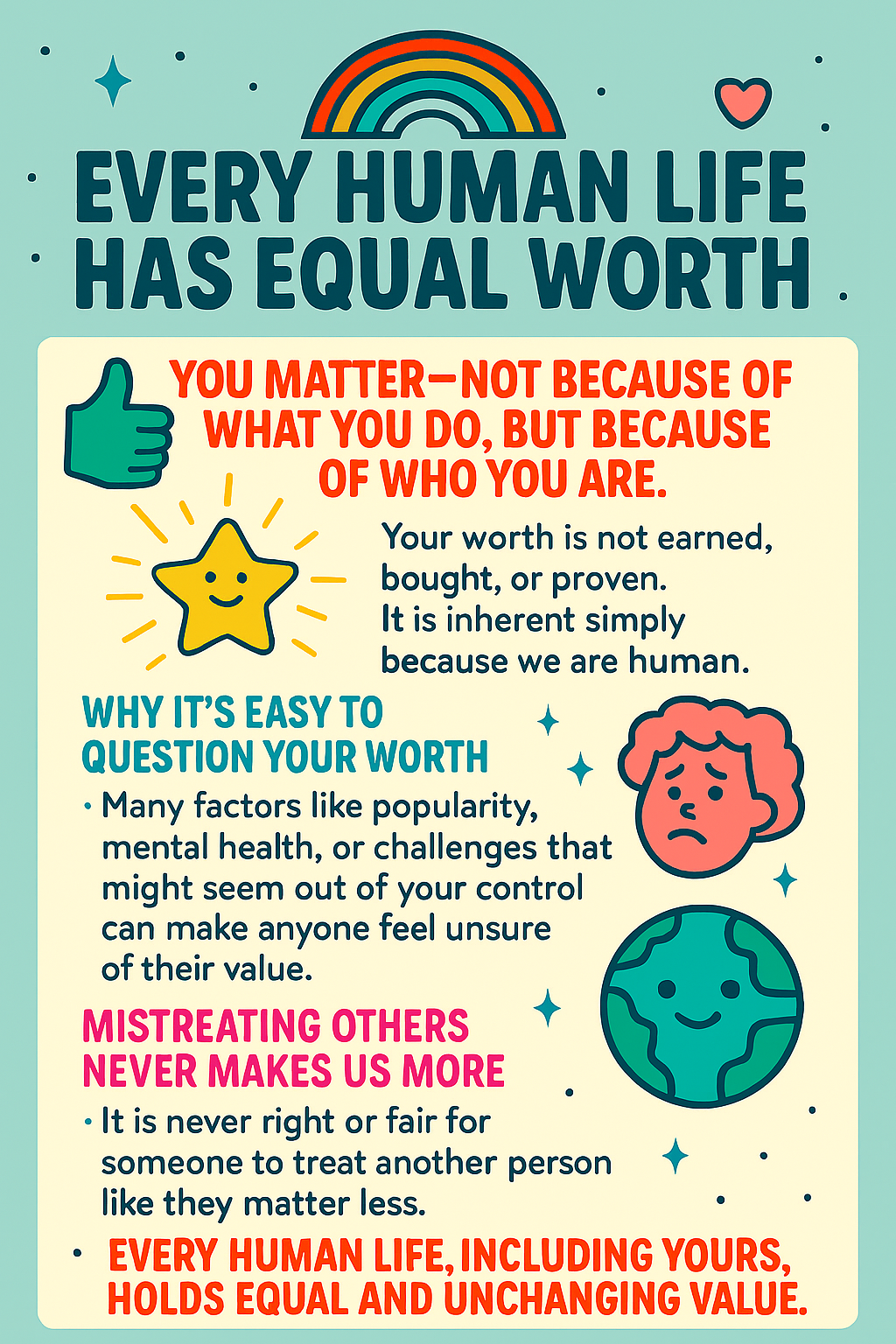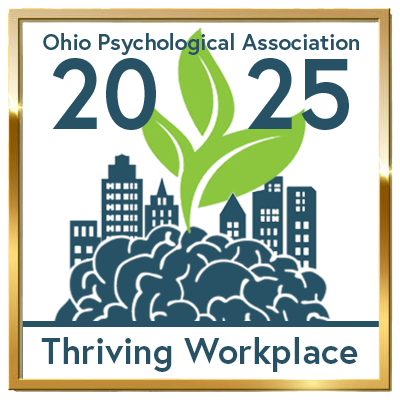You’ve been looking forward to this since the day your child walked through the door for his or her first day of Kindergarten. Maybe it was earlier than that, maybe it began when they started preschool or maybe you started imagining it while you were still waiting for your child to be born. In any case, it is a major milestone that every parent looks forward to – hearing your child’s name called, seeing your child walk across the stage in cap and gown, seeing the diploma be presented.
Things aren’t turning out as anyone expected this year. Thanks to COVID-19, students aren’t in school; they’re at home, doing classes on their computers. Large gatherings of people have been prohibited and no one knows when it is going to be safe to lift that restriction. In the meantime, that means no graduation ceremonies.
Students who are seniors this year have been affected by a long list of losses. Competitions of all sorts (sports, robotics, speech and debate, academic challenge, just to name a few) have been cancelled as have band, choir and play performances. Standardized tests, college admission exams and military qualifying exams have been cancelled. No prom. No spirit week. No senior ditch day. All those events that make senior year special aren’t going to happen.

SO WHAT YOU CAN, AS A PARENT, DO TO SUPPORT YOUR HIGH SCHOOL SENIOR?
- Don’t minimize what your child is going through. It may be tempting to say that, compared to people dying, these losses are trivial. Even if you’re thinking it, don’t say it out loud! Your child’s losses are real. If they think it matters, it matters. This may actually be the worst thing that ever happened to them and it is totally appropriate to grieve for the losses. Acknowledge the losses by saying something like, “I know how important that was to you” or “I know you were really looking forward to that.”
- Let your child know it is Okay to express how they’re feeling. Some young people don’t want to say anything because they’re afraid of seeming selfish or they’re aware how much stress their parents are under and don’t want to add to the load. Validate their disappointment, anger, hurt, frustration, sadness or whatever they’re feeling. Remember that all feelings are valid and it is healthier to express them than to hold them in or to try to pretend they don’t exist.
- Don’t say you know what they’re going through. Unless you are a high school senior in 2020, you don’t know what it’s like. This has never happened before. When you say you know what they’re going through, it feels to them like you aren’t willing to listen to them because you think you already know. Every adolescent wants to feel special. Let them tell you what it is like.
- Don’t say that big events like prom or graduation are overrated. In your experience this may be true but it doesn’t bring comfort to anyone else. Instead it implies that they were naïve or foolish for looking forward to them in the first place. And again, it shows you just don’t understand.
- Reassure that future plans have not been destroyed. Your child’s school isn’t the only one that closed. Schools all over this country and in countries all over the world have closed down to limit the spread of the virus. Universities, the military, training programs and employers are going to be familiar with what happened and are going to be willing to work with them when they eventually start to open back up. This is a major bump in the road but not the end of the road.
- Encourage your child to socialize with peers online. That’s right. After years of trying to limit screen time, you’re going to do a total 180 and encourage more of it. High school seniors are supposed to be transitioning to needing their parents less and their outside relationships more. Don’t try to fight this. It’s healthy and developmentally appropriate.

- Collaborate with your child to plan some sort of ritual for celebrating graduation. The truth is graduating from high school is a big deal. It marks the culmination of years of hard work. For many people it is the symbolic transition into adulthood. We need to mark important events in our lives with celebratory rituals. So maybe the traditional rituals have been cancelled (or postponed to some indefinite future date). Create something else. Acknowledge that it’s not the same and is probably going to be a pale substitute, but it is something. Let them know that you are proud of what they’ve accomplished and of the person they’re becoming, and that you want to celebrate that with them.
Mary Kreitz is the Trauma Program Manager at Child and Adolesecent Behavioral Health. If your child is struggling with the loss of his/her senior year, please reach out to C&A at 330-433-6075.
RECENT POSTS





